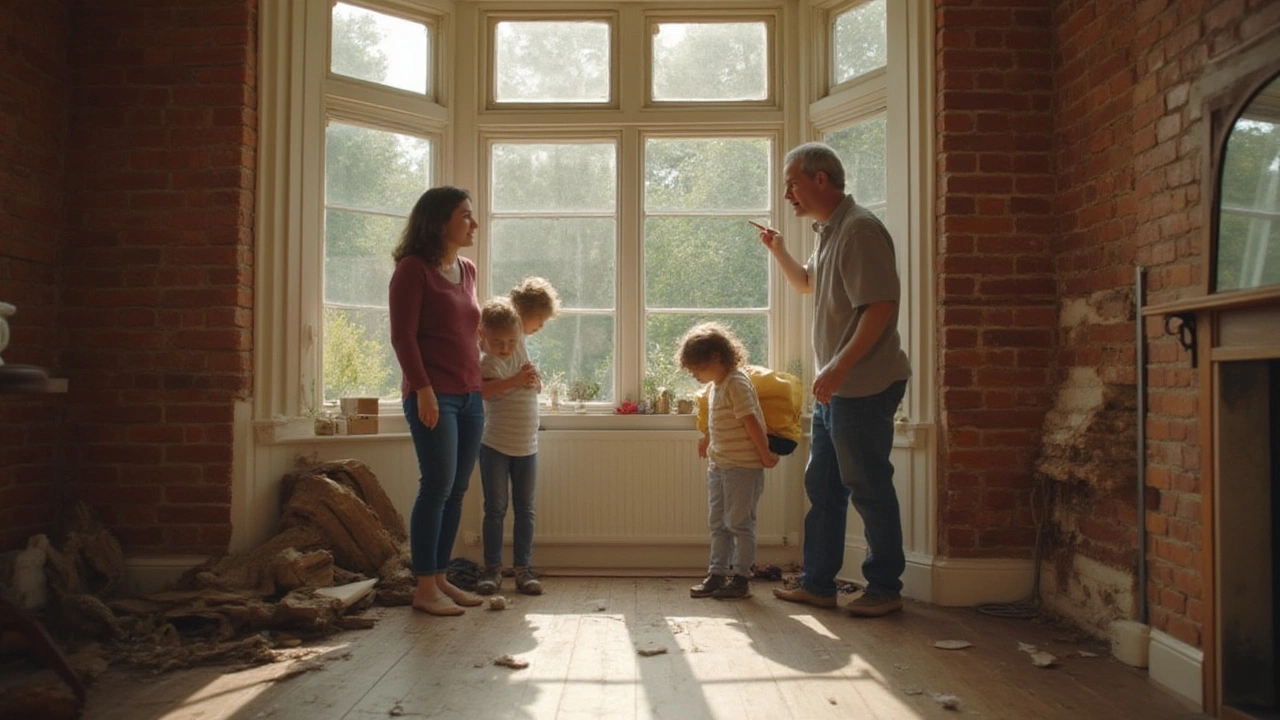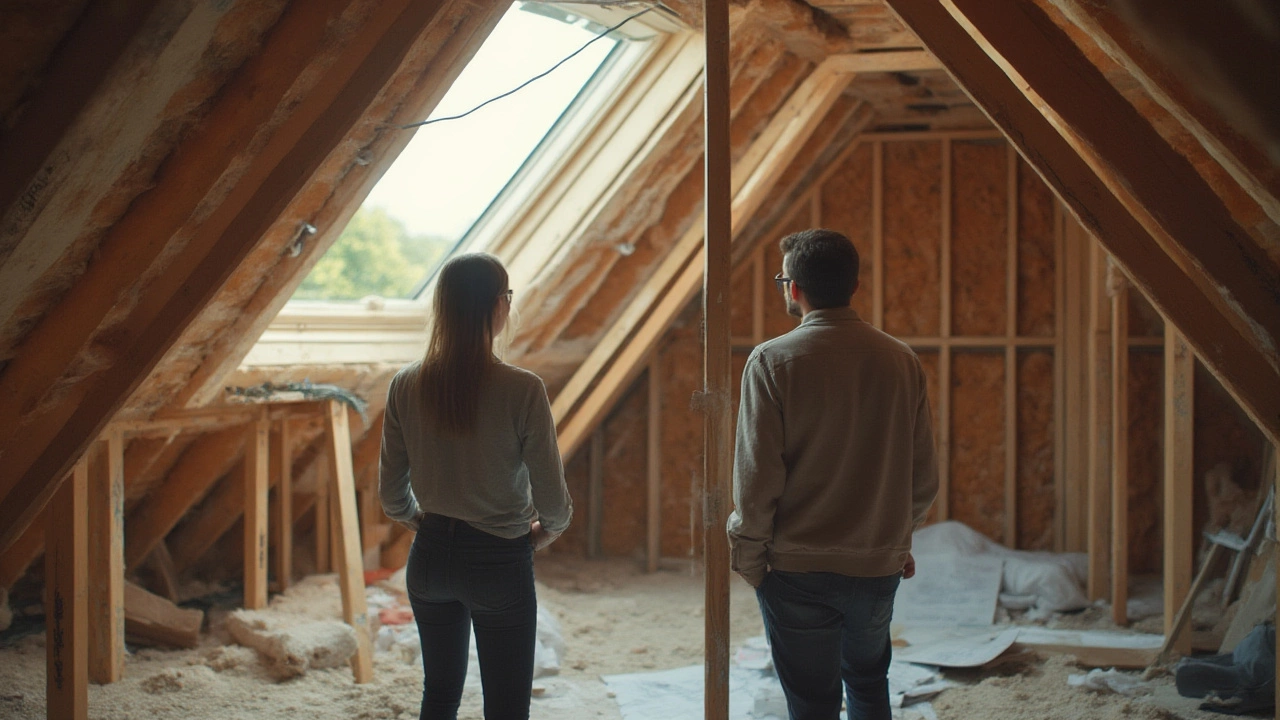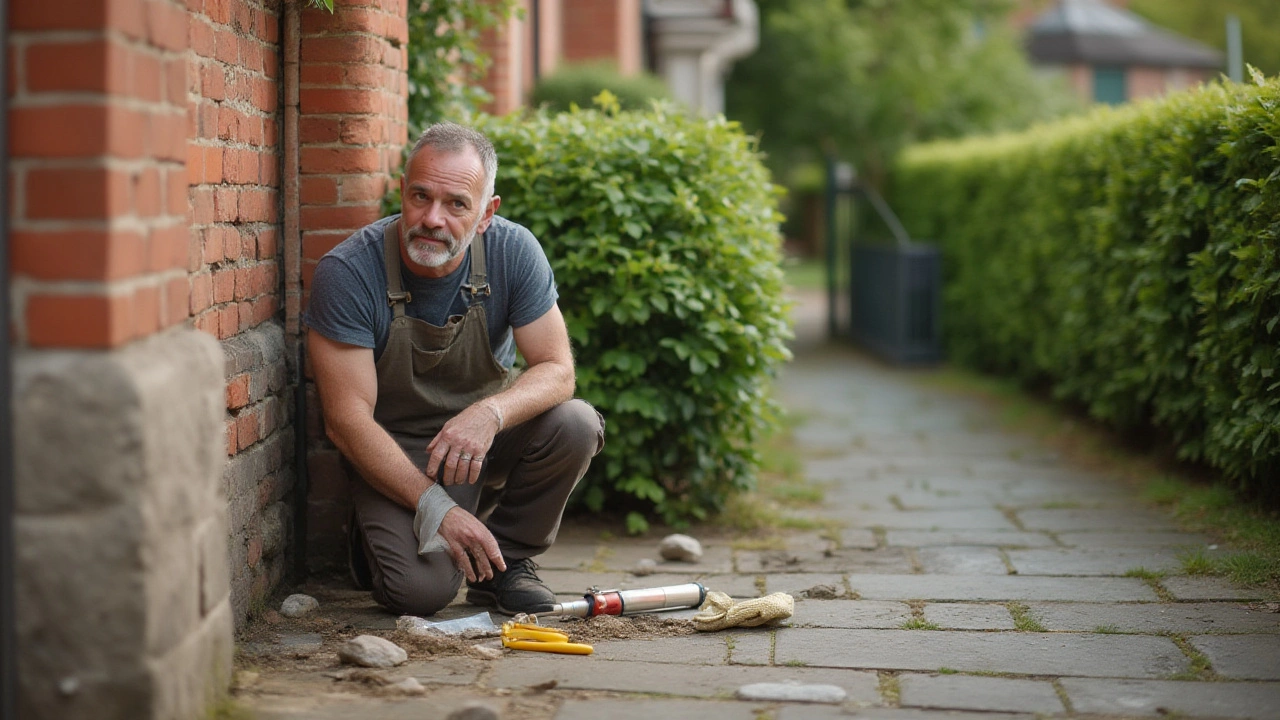Home Improvement Guides – Practical Tips, Costs & DIY Advice
Thinking about changing something in your house? Whether you want a bigger kitchen, a new loft space, or to fix a crack in the foundation, you’ll find straight‑forward advice here. We keep the language simple and the steps clear so you can move from idea to finished project without getting lost in jargon.
First, decide what you want to achieve. A clear goal tells you which trade professionals to call, what permits you might need, and how much you should budget. For example, adding a single‑storey extension usually needs a planning permission check, while a small garden room may fall under permitted development.
Planning Your Project and Budget
Start by writing down every part of the job – demolition, materials, labour, waste removal and finishing touches. Use a spreadsheet or a notebook; the act of listing items makes hidden costs harder to miss. Our house extension cost guide for 2025 shows that average extensions run between £15,000 and £35,000, but you’ll add £5,000‑£10,000 for design fees, ground‑work and interior finishes.
If you’re on a tighter budget, consider phasing the work. Finish the structural shell first, then add fittings later when funds allow. This approach works well for loft conversions, where the core conversion may cost £20,000‑£30,000 and interior upgrades push the total higher.
When you’re budgeting, always set aside 10‑15 % for unexpected issues. Foundation problems, surprise subsidence or hidden wiring can pop up once walls come down. Having a contingency fund keeps the project moving without stressful stop‑starts.
DIY vs. Professional Help
Some tasks are safe for DIY, others are best left to pros. Fixing a small concrete crack in the foundation is a job many homeowners tackle with epoxy kits, but large structural cracks usually need a specialist survey and engineered solutions.
Kitchen remodels often blend DIY and professional work. You can paint cabinets, fit handles and install a backsplash yourself, but plumbing the sink and wiring appliances should be done by certified tradespeople. This split saves money while keeping safety high.
Roof replacements and major loft conversions fall into the professional‑only category. The roof carries the whole house’s load, and a mistake can costing thousands in repairs later. Our roofing services guide explains the key questions to ask a roofer before signing a contract.
Regardless of who does the work, keep communication clear. Write down expectations, timelines and payment milestones. A written agreement protects both sides and reduces the chance of surprise fees.
Once the work is done, don’t skip the final walk‑through. Check that all doors open correctly, windows seal, and that any new insulation is in place. A thorough inspection catches small issues before they become big headaches.
In short, a successful home improvement project starts with a solid plan, realistic budgeting and the right mix of DIY and professional help. Browse our guides for detailed steps on extensions, kitchens, lofts, foundations and more. Each article breaks down costs, lists common pitfalls, and gives you the confidence to get the job done right.
Ready to start? Pick a guide, jot down your goals, and take the first step toward a better home today.












